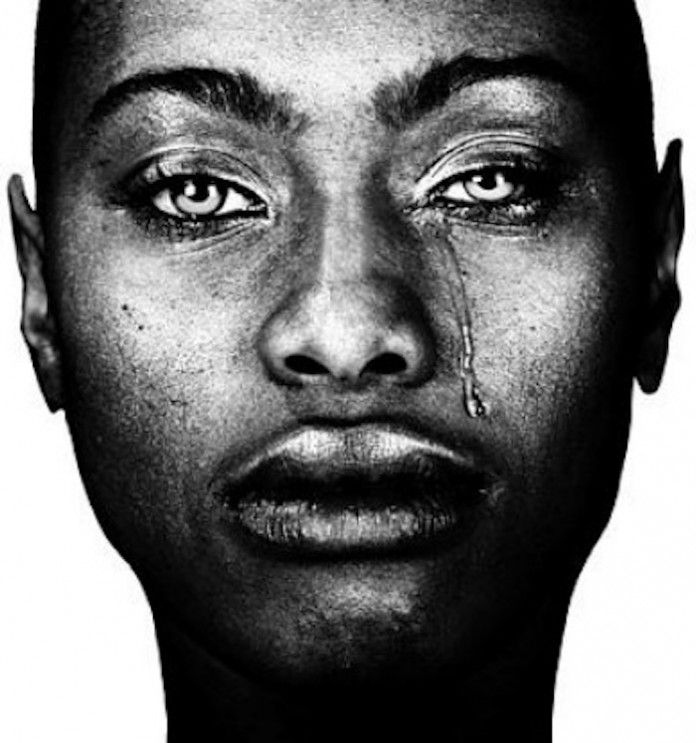In the fabric of modern society, gender-based violence (GBV) casts a stark and pervasive shadow, cutting across both genders. It's a multifaceted issue that transcends stereotypes, affecting individuals regardless of their gender identity. To combat this silent epidemic, education stands as a pivotal tool—a beacon guiding us toward awareness, prevention, and rehabilitation.
GBV manifests in myriad forms, encompassing physical, sexual, emotional, and economic abuse. While women and girls are statistically more affected, men and individuals of diverse gender identities also fall victim to this insidious phenomenon. The silence surrounding male victims, often rooted in societal expectations and stereotypes, further compounds the complexity of this issue.
The narratives of GBV are multifaceted. Take, for instance, the case of Emma, a survivor of intimate partner violence. Her story mirrors the experiences of countless individuals silently enduring abuse behind closed doors. Emma's journey toward healing and resilience underscores the critical need for education and awareness to dismantle the cycle of violence.
Education emerges as a catalyst for change—a transformative force in combating GBV. It starts with comprehensive programs integrated into school curricula, fostering a culture of respect, consent, and empathy from an early age. These programs should emphasize the importance of healthy relationships, mutual respect, and the recognition of warning signs of abuse.
Additionally, community-driven initiatives play a pivotal role. Support groups, workshops, and awareness campaigns provide safe spaces for survivors to share their experiences and seek assistance. These platforms foster solidarity, reduce stigma, and encourage individuals to break their silence, empowering them to seek help without fear or shame.
Moreover, educating the masses entails addressing ingrained societal norms and misconceptions perpetuating GBV. Challenging toxic masculinity and dismantling the belief in gender-based stereotypes are fundamental steps toward creating a more equitable and violence-free society. By promoting gender equality and advocating for the rights of all genders, we lay the groundwork for a culture of respect and understanding.
Rehabilitation forms an integral part of the journey toward healing for survivors. Accessible and specialized support services, including counseling, legal aid, and shelters, are indispensable in helping survivors rebuild their lives. These resources not only provide immediate assistance but also pave the way for long-term recovery and empowerment.
Creating awareness is a collective responsibility. Collaborative efforts involving governments, NGOs, educational institutions, and communities are imperative. Policy reforms, stringent legal frameworks, and increased funding for GBV prevention and support programs are essential in effecting systemic change.
In conclusion, the battle against GBV necessitates a multifaceted approach—one that encompasses education, awareness, and rehabilitation. By breaking the silence, we shatter the barriers that perpetuate violence. By breaking the cycle, we pave the way for a future where every individual, irrespective of gender, lives free from the shadows of violence.
It's time to stand together, united against GBV, fostering a world where respect, dignity, and equality prevail—a world where education serves as a beacon of hope, illuminating the path toward a safer and more inclusive society.


